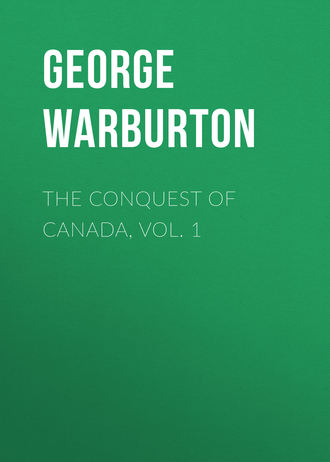The Conquest of Canada, Vol. 1
 полная версия
полная версияThe Conquest of Canada, Vol. 1
Жанр: учебная и научная литературазарубежная классиказарубежная старинная литературазарубежная образовательная литератураисторическая научная и учебная литератураобщая историязнания и навыки
Язык: Английский
Год издания: 2018
Добавлена:
Настройки чтения
Размер шрифта
Высота строк
Поля

